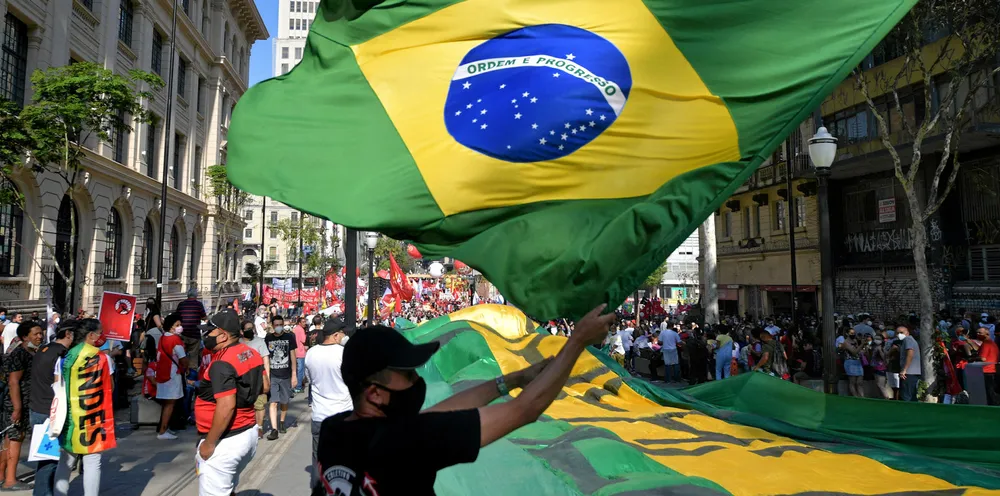Renewables sweep board as low demand leaves Brazil power auction shadow of former glory
Wind, solar and biomass, plus first waste-to-energy project, take all capacity in latest subdued tender

Wind, solar and biomass, plus first waste-to-energy project, take all capacity in latest subdued tender
